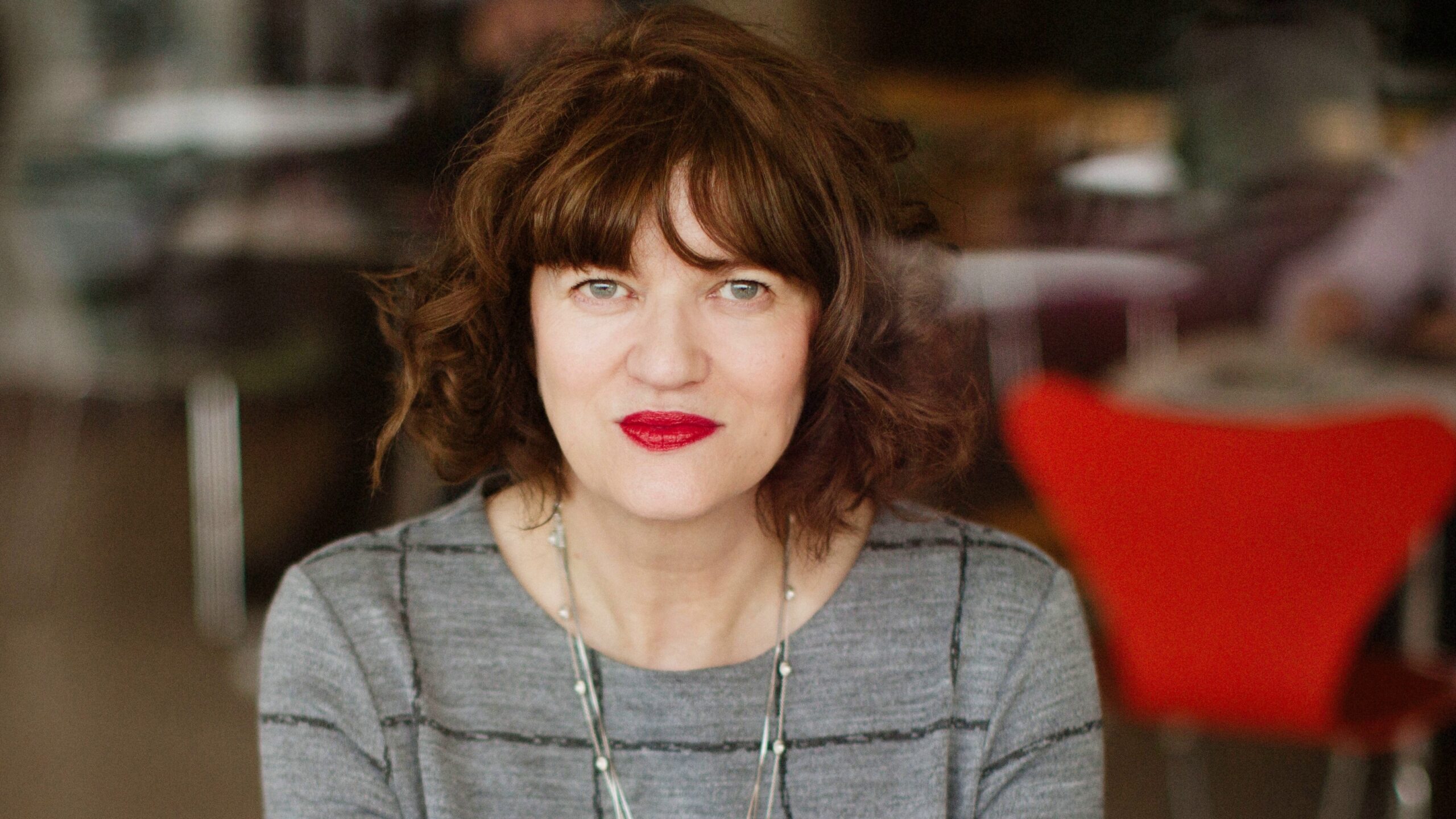Hello, Monsters. My name is Henry.
Let me introduce myself. I’m known as one of very few inter-generational diversity specialists in Europe (and I have wonderful equivalents in the US and in Australia). I became interested in this area about 7 years ago, after 20 years working in B2B corporates in industries such as financial, professional and technology services. I now research, consult, and speak about different age groups in workforces, aiming to help organisations to improve the contribution and profitable performance of all their people, but particularly the youngest talent in the workplace today. I cover everything from ageism to attraction and recruitment, and engagement and retention, across all age groups.
Working with different age groups, I’ve noticed that each new generation of leaders that comes along is going to have some differences from the previous ones.
Let me explain. In the workplace, leaders are human beings first before they are business people. But every human is impacted by the world events that take place at the time they are born, as they grow up, gain education, start work, and as they experience the world. That means all humans go through a nature plus nurture effect; but it’s helped or hindered by world events – such as war, famine, plague (pandemic), political and social change, economic change, and technological advances. And these world events take their toll in a different way, depending on your age and life-stage, when they occur. That’s why every time we see new, young talent coming into our organisations, they look, sound, and act differently. These people are responding to the fallout – or benefits – of global events.
Take the impact of the Covid Coronavirus 19 pandemic, as an example. Covid impacted everyone everywhere, but in very different ways. The Covid effect meant that anyone over the age of 50 was more likely to get sick and die from the virus. But they were also statistically more likely to keep their jobs and have somewhere nice to live and work during various lockdowns. However, anyone under the age of 24 was least likely to get sick and die, but most likely to lose education, training, job opportunities or careers. Same virus, very different generational impacts.
Another global event is a true accelerator of change, and that’s social media. The first working smartphone was launched in 2007 and the first app in 2008 – and that’s when social media was born and the way people buy, sell, interact, communicate and work started to change. Therefore, any new leaders, who have been appearing in the last ten to fifteen years – and whom we might label as young leaders – or Millennials, (usually aged around late 20s to early 40s), are different from previous, older leaders.
They’re not bad. They’re not wrong. They’re just different. And what are their particular characteristics? Well, I think they feature a range of priorities including benevolent capitalism, empathic engagement and responsive adaptability. They also tend to focus on transparency, relationships, trust, and empowerment.
Benevolent Capitalism: Capitalism, because Millennial leaders still want to make money, and have a business that is successful, both in how it provides turnover and profit, and also in how it builds a key position in its marketplace, and delivers value to its employees, clients, stakeholders, and even society. Benevolent, because Millennial leaders do want to lead, but in a way that takes into account the psychological safety, emotional needs, and the work:life balance of today’s productive, and high-performing workplaces.
Empathic Engagement: Empathic engagement is about making sure both the customer experience and the employee experience are positive, responsive, and supportive. Organisations usually treat clients as king or queen, but now Millennial leaders have realised that happy, fulfilled and connected staff are far more productive, and make far more discretionary effort at work.
Responsive Adaptability: Responsive adaptability is about Millennial leaders blending innovation with the future of work and the future of the planet. Millennial leaders still reflect the work ethic, and business outcomes of previous generations. However, Millennial leaders want to make progress yet pay attention to the very real benefits of employee diversity and inclusion. They also want to focus on the need for sustainability, and for green, B Corp, or planet community credentials.
Transparency is never easy to do for any leader but Millennial leaders want to act transparently, so that employees, suppliers, and clients feel involved, informed and connected. In the past, leaders believed information or knowledge was power, (something to be carefully guarded), and staff updates were on a need-to-know basis. Today, Millennial leaders embrace flatter working structures, which technology has made easier to create, and they realise that keeping people informed makes others feel good about themselves, and stops them over-challenging or questioning. It’s not so much that information is power today, it’s more that information builds bridges, connections, and opportunities.
Relationship building is a core value for every age group. But Millennial leaders don’t just consult with clients and stakeholders. And they don’t just network with influencers and market or industry experts to build their relationships and expand their reach. They also consult with their internal customer, the employee base, and they give them mentoring, coaching and feedback. And they do this in order to bring their people with them, on their business journey towards shared goals. Relationship building is also about maximising internal teamwork, again, because it makes people sense and also business sense. If more people are rowing the boat in the same direction at work, the Millennial leader has an easier journey.
Trust is vital for the Millennial leader. And it’s not that previous generations of leaders didn’t want to build trust. It was more that their actions made them look far more like they lived in an ivory tower. They could come across as disconnected and unaware of the needs to employees, or how the world of work was changing, as new technologies evolved. Today, the Millennial leader needs to be trusted. As humans, we still look to our leaders as role models, and we expect them to be trustworthy, and to give us an element of trust. When Millennial leaders indicate that they trust their staff, they get more out of them. And this is not throwing caution to the wind. The leader will still have risks and dependencies in place. They will still have metrics and measures. However, now these things are based on outputs, results and goals being met, rather than simply supervising every key-stroke, or every zoom/Teams call or every moment of an employee’s working shift. Trust is about what you achieve, and not necessarily the process used to get there. As long as it’s legal, and nobody gets sick or hurt, the Millennial leader will give far more freedom to workers than in past decades.
Empowerment is also a part of transparency, relationship building and trust. All of these go hand in hand. When the Millennial leader demonstrates these three values, employees feel empowered. And that has a wonderful – and sometimes unexpected – benefit. And it’s this. When people feel empowered, they are often more accountable, more responsible, more responsive, and harder-working, than if they are micro-managed by hyper-vigilant supervision.
Today’s leaders need to engage and get the best out of employees of all generations. And here’s my top five for how to do that.
- Community: I believe this is the number one driver for building engagement and retention across every age group at work. When people feel they belong, they engage better, and are more productive. Community can be built from day 1, with an effective induction & onboarding programme. It’s also built with internal comms, and a culture of feedback, mentoring/reverse mentoring, and coaching. Having a positive, engaged community, also reduces incidents of ageism and age-biased decision-making at work.
- Career: Every age group deserves to feel they are making progress. Yet all too often, young talent feel held back, and older talent feel ignored. Enlightened organisations have multiple career paths for individual contributors through to leaders, and make sure that everyone feels they can advance in some way.
- Purpose: Most organisations talk a good talk about vision, direction and cause inside the organisation, but few explain it fully to their internal customers. Employees of all ages need to know WHY the organisation exists and HOW it delivers value to its employees, clients, stakeholders, and even society as a whole.
- Development: As the world continues to change at breakneck speed, ongoing development becomes essential. Employees of today, and tomorrow – of all ages – need to gain increasing expertise in multiple technologies, and particularly in soft skills such as critical thinking, problem-solving, and creativity and innovation.
- Wellbeing: Wellbeing should be as much a part of organisational focus, as learning and development. Wellbeing can be physical, emotional, financial, social, or career-based. All these things help employees of all ages to feel heard, consulted, important, and valued. They also help all employees to get the best out of themselves. And when they do that, they also give of their best at work.
And by the way, Millennial Leaders are already focusing fully on these five elements. Isn’t it time all organisational leaders got with the programme?
P.S.: Henry offers additional support in the form of masterclasses, workshops and coaching to embed the learning. Henry’s expertise in this field comes from 15 years working for companies such as Filofax and Salter in business development and sales, where performance and results are demanded. This was followed by 17 years as a HR Qualified Consultant (CIPD) and a Master Certified Coach (ICF), researching and developing diagnostic tools on human motivation, generational attitudes and behaviours at work. Henry works with top companies in their field such as Cisco (tech/digital), Legal and General (financial services), Capita (professional services), RATP (transport), and Yum (fast food). If you are interested in collaborating with her, reach out here: https://www.intergenerationalexpert.com/contact/.





